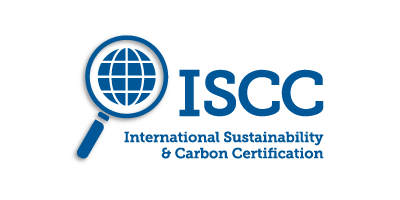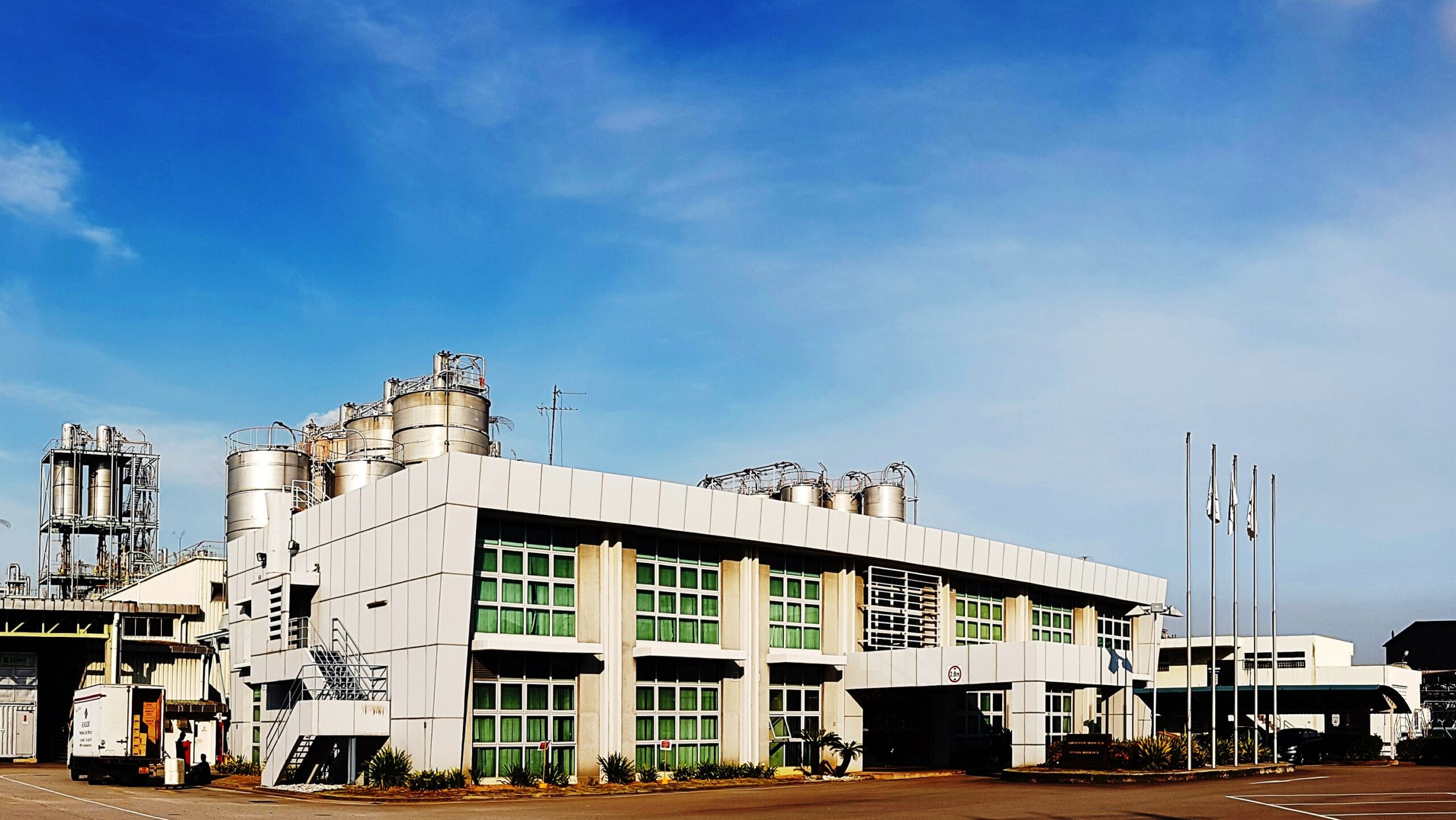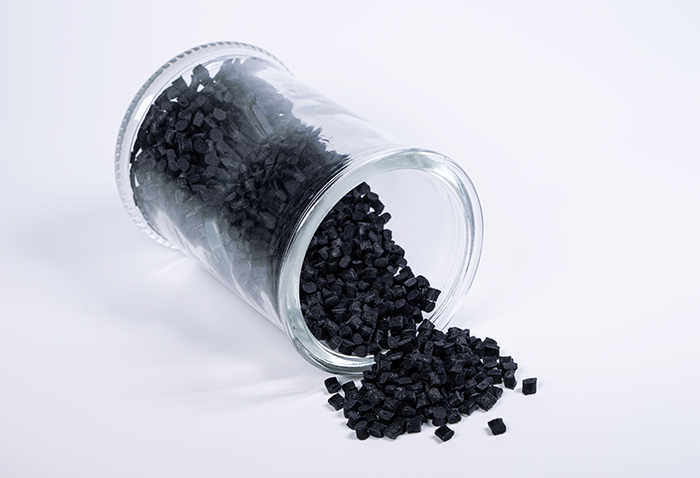- TOP
- Fundamentals of Sustainability in Plastics
- ISCC PLUS and Other Certification Schemes for Mass-balanced Plastics
ISCC PLUS and Other Certification Schemes for Mass-balanced Plastics
Learn about mass-balance plastic certification systems such as ISCC PLUS and UL 2809.

What is a Mass-balanced Plastics Certification Scheme?
The purpose of a certification scheme for mass-balanced plastics is to verify that the manufacturing and distribution processes throughout the relevant supply chain, from raw material production to end product, are managed in a sustainable manner.
Certification schemes for mass-balanced plastics date back to 2011, when the RSB certification scheme for biofuels was expanded to include products containing biomass feedstock. Then in 2013, BASF and TÜV SÜD developed a certification scheme for plastic products made from not only biomass materials but also recycled raw materials. Since then, various other certification bodies, such as ISCC, UL, and REDcert, have developed and launched similar schemes, so the application of the mass balance method to plastics is diversifying and expanding.*1
In terms of corporate initiatives, European companies have been leading the effort to promote mass-balanced plastic certification since the latter half of the 2010s. Since about 2020, however, Japanese companies have also been accelerating their acquisition of mass-balanced plastic certification. In response to this trend, in September 2022, the Japan Environment Association (JEA) issued “Guidelines on Bio-attributed Plastics in the Eco Mark Certification Criteria” under the mass balance approach.*
Below, we present certification schemes for mass-balanced plastics that we expect to become more common in the future.
*1:マスバランスモデルの概要と工業材料への適用における課題(鈴木太一ら)(2024)
*:Guidelines on “bio-based plastics” in the Eco Mark certification criteria
Main Schemes for Certification of Mass-balanced Plastics
There are two main approaches to the certification of mass-balanced plastics.
A. Focusing both on biomass and recycled feedstocks
B. Specializing in recycled feedstocks
Typical schemes that address both biomass and recycled feedstocks include ISCC PLUS, RSB Global Advanced Products, and REDcert2.
| ISCC PLUS | ISCC PLUS is operated by ISCC System GmbH of Germany. ISCC stands for International Sustainability and Carbon Certification. ISCC operates different certification schemes for different markets: ISCC EU for biofuels within the EU; and ISCC PLUS for biofuels outside the EU and for bioenergy, food, livestock feed, and chemical/technical applications worldwide. |
|---|
*See also: ISCC PLUS Version 3.4.2
 ISCC logo
ISCC logo
| RSB Global Advanced Products | RSB Global Advanced Products is a scheme run by the Roundtable on Sustainable Biomaterials (RSB) Association of Switzerland. |
|---|---|
| REDcert2 | REDcert2 is a scheme operated by REDcert GmbH of Germany. |
Under all of these schemes, audits and inspections are conducted by approved third-party certification bodies to ensure reliability. Traceability is managed through a ledger management system. Major approved third-party certification bodies include Control Union, SGS, and TÜV SÜD.
Typical schemes specific to recycled raw materials are UL 2809 and ecoloop.
| UL 2809 | UL 2809 is a standard operated by the American certification body UL Solutions. UL Solutions offers a variety of product safety-related standards. The standard that applies to recycled plastics and metals is UL 2809: Environmental Claim Validation Procedure (ECVP) for Recycled Content. This standard is designed to evaluate and verify the content of recycled materials of products (including pre- and post-consumer recycled content). |
|---|---|
| ecoloop | ecoloop is a relatively new standard from ecocycle GmbH of Germany that has operated since 2018. It is applied mainly in the EU market for plastics. |
Asahi Kasei's engineering plastics with ISCC PLUS certification
We are selling grades of engineering plastics which have earned certification under ISCC PLUS.
XYRON™ PPE using biomass-derived raw material
Our XYRON™ modified PPE resins have earned ISCC PLUS certification as PPE materials whose ingredients include methanol/phenol derived from biomass via mass-balance approach.
Because biomass-certified PPE resin retains properties on par with those of conventional petroleum-based PPE resin (including heat resistance, flame retardance, low weight, electrical insulation, dimensional stability, and low water absorption), they can help to achieve sustainability in a wide range of application domains.
TENAC™ POM resin by using biomass raw material
By acquiring ISCC PLUS certification, we can produce and sell TENAC™ POM resin using sustainable raw material assigned by the mass-balance method.
By applying the mass balance method, we are able to support our customers around the world in their efforts for sustainability while maintaining the excellent performance of POM resin (friction and wear properties, strength and rigidity, resistance to oil and organic solvents, etc.).
LEONA™ recycled grade polyamide resin
Our LEONA™ Polyamide (PA or Nylon) resin has obtained ISCC PLUS certification for the scheme for compounding recycled pellets made from substandard products generated at our plant.
By using recycled pellets made from substandard materials, it is possible to reduce CFP (Carbon Footprint of Products) and design according to customer requests while retaining the excellent performance (heat resistance, mechanical strength, etc.) of Polyamide resin.
*ISCC (International Sustainability and Carbon Certification) is an international certification system that offers solutions for the implementation and certification of waste and residue raw materials, non-bio renewables and recycled carbon materials and fuels. ISCC PLUS is a certification system that covers mainly bio-based carbon materials which are produced outside of the EU and supplied globally, and to manage and ensure sustainable raw materials in the supply chain.
If you are interested, please feel free to contact us.







